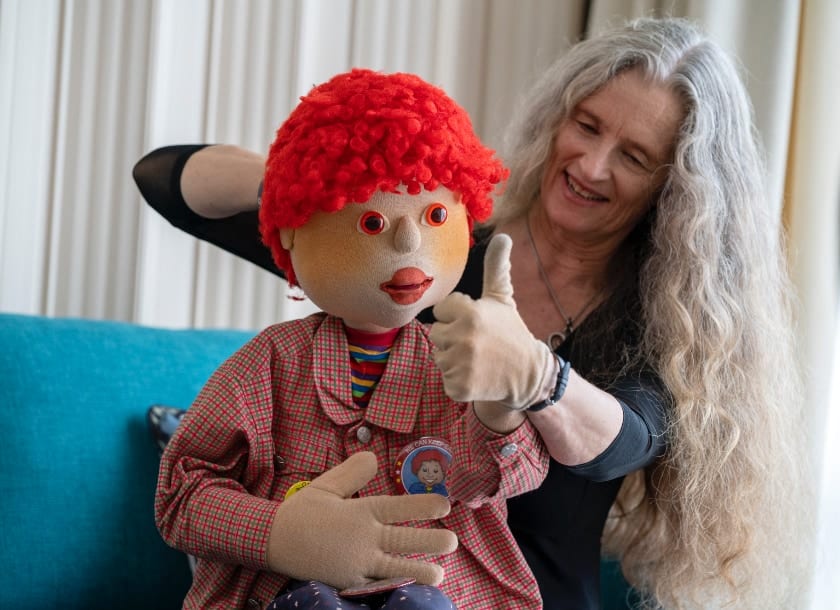
Jude’s story: The language helps our children stay safe.
Jude leads a large, not-for-profit early learning centre in the heart of South Auckland. For the past six or seven years, the centre has been running HELP’s We Can Keep Safe programme ,a personal safety programme for three to five year-olds and their families. It teaches parents and caregivers how to provide safe environments and aims to give children some safety tools for use in all kinds of situations.
“A story from a local family really demonstrated the power of the programme,” says Jude. “One of the children’s grandparents came up and thanked us personally for running the programme. They said it had helped them have a difficult conversation with their grand-daughter, Marnie*, and given them age-appropriate information to help keep her safe.”
Marnie’s parents had split up and her grandparents were concerned that some of the company they kept was “a bit unsavoury”. They were very worried that their grand-daughter was at risk of being sexually abused, but they didn’t know what to do about it or how to talk to her about it.
“Books and worksheets go home about the day’s conversations at kindy, and Marnie chose to share it with her grandparents,” says Jude. “It gave them the tools to have a conversation they’d been unable to have up until then.”
Through that conversation, Marnie’s grandparents were “incredibly grateful” to learn that nothing bad had happened to her – and taught her that they were her ‘safe people’ if she ever felt in danger.
“Lots of children here are either raised by their grandparents or they’re heavily involved in their lives – but many older people don’t know know how to bring these difficult matters up,” says Jude.
“The programme truly changes lives – parents and caregivers are given the tools to have these important conversations,” she says. “And children are given the tools to talk about it if they’re being harmed.”
HELP’s programme is presented in preschools around Auckland to more than 600 children and families a year, helping families to understand and reduce risk in common situations such as baby-sitting and blended families – and to know what to say and do if they wonder if sexual abuse might have occurred.
We Can Keep Safe also helps children to develop personal safety skills, including: developing a concept of body ownership; being persistent in telling; distinguishing secrets and surprises; and differentiating good feelings from not-good-feelings.
“We can’t sing the programme’s praises enough – we believe it’s essential for our four-year olds every year,” says Jude. “We’d also like it to be repeated around seven years of age – before children start getting more self-conscious.”
“We believe running the programme is a non-negotiable. Life is really tough for some of these kids and the language helps them stay safe.”
“Children need to know from an early age that it is okay to have these conversations – to know that they can talk about it and that it is normal.”
* Name changed to protect identity.
